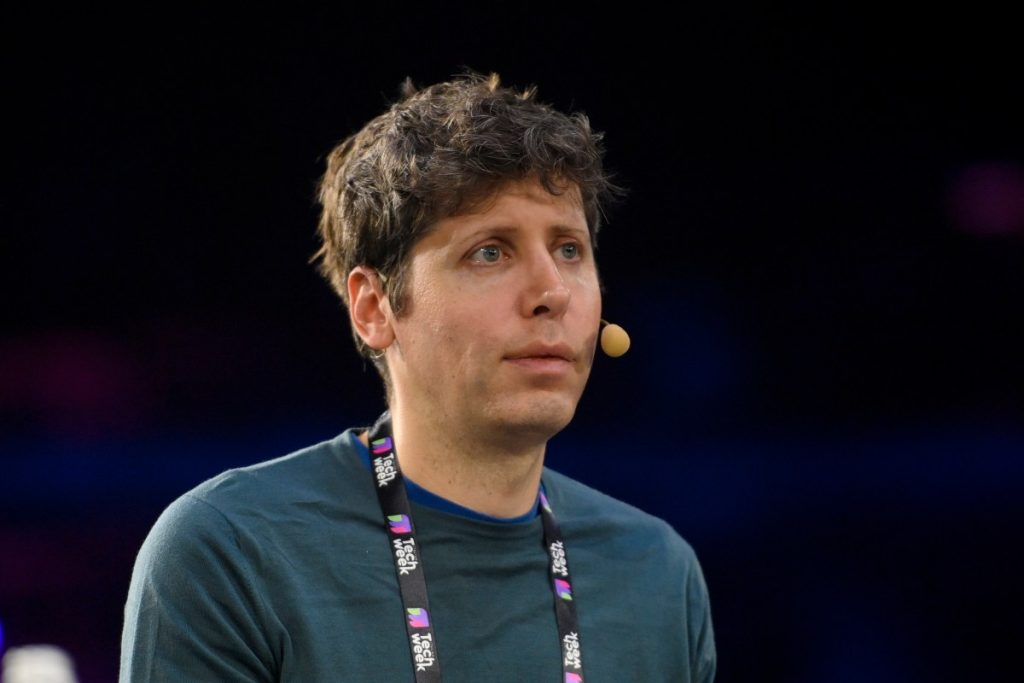OpenAI announced a significant restructuring plan on Monday, prompted by discussions with the attorneys general of Delaware and California, both of whom have been monitoring the organization’s unconventional corporate setup. This new approach aims to transition OpenAI’s for-profit division into a public benefit corporation (PBC), which will remain under the oversight of OpenAI’s nonprofit board.
The IPO Pathway
Previously, OpenAI had outlined a strategy intended to detach its for-profit operations from the nonprofit’s governance. This detachment was tied to obligations, including a commitment to ensuring that advancements in artificial general intelligence (AGI) serve humanity. However, the latest plan marks a reversal; OpenAI’s nonprofit will maintain control while also holding a substantial stake in the PBC.
This adjustment not only aligns with regulatory expectations but may also streamline OpenAI’s operations, enhancing its potential for raising capital through an initial public offering (IPO). Given the company’s substantial revenue forecasts and ongoing cash demands, the prospect of an IPO has gained increased attention. According to Stephen Diamond, a corporate governance expert, the path to becoming a public entity remains challenging due to the existing nonprofit structure.
A looming question post-IPO involves the ownership of intellectual property. Diamond highlighted concerns regarding whether the PBC would possess the core intellectual assets or merely hold licenses for their use, which would complicate the company’s valuation in the public market. OpenAI representatives asserted that while a public offering isn’t immediate, the prospect remains “theoretically” possible under the proposed changes.
If the nonprofit retains control of critical technologies, shareholder influence over corporate decisions will be minimal, as articulated by Rose Chan Loui, founding executive director at UCLA’s Law Program on Philanthropy and Nonprofits. She indicated that this condition could hinder OpenAI’s ability to attract investment through an IPO.
Pressure to Restructure
OpenAI faces mounting pressure on multiple fronts regarding its restructuring efforts. A recent petition from former employees urged state attorneys general to scrutinize the changes, claiming they conflict with OpenAI’s foundational charitable principles. As these officials continue their review, the company must also address the concerns of major investors, including Microsoft and SoftBank, whose significant stakes hinge on the success of the restructuring.
Reports suggest that Microsoft has not yet approved the new corporate framework, emphasizing the need for assurances that it safeguards their investment. Furthermore, Elon Musk, one of OpenAI’s co-founders who currently competes with the organization, has intensified scrutiny by filing a $97 billion takeover bid, aiming to pressure OpenAI amid its transition. Musk’s legal actions allege that OpenAI has deviated from its original nonprofit mission, reinforcing the stakes involved in the restructuring.
A recent ruling from a federal judge upheld several elements of Musk’s lawsuit against OpenAI, marking a legal victory for him and potentially influencing OpenAI’s shift in strategy. Despite assertions from CEO Sam Altman that Musk’s litigation didn’t impact their decision-making, the implications remain significant.
Musk’s legal counsel expressed skepticism about the restructuring plan, suggesting it might not alleviate the ongoing legal issues surrounding OpenAI. As the company navigates these complexities, its path forward remains closely watched by regulators, investors, and the tech community alike.

